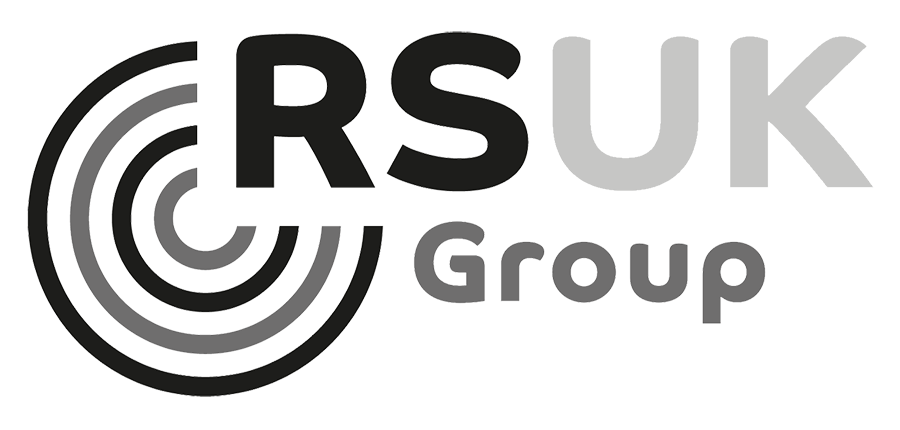Do I Need an Electrical Installation Condition Report (EICR) for My Property?
If you own a property in Grimsby, Cleethorpes, or the surrounding areas of North Lincolnshire and North East Lincolnshire, you may have heard of an Electrical Installation Condition Report (EICR). But do you actually need one? And if so, when and why? This blog explains what an EICR is, who needs one, and what happens if you don’t have one when you should.
What Is an Electrical Installation Condition Report (EICR)?
An EICR is an inspection report that assesses the condition of your electrical installations. It checks for faults, deterioration, and non-compliance with current regulations. The report identifies any potential risks and classifies issues by severity:
- C1(Danger present) - Immediate action required to remove the risk of injury or fire.
- C2(Potentially dangerous) - Urgent action needed to prevent hazards from developing.
- C3(Improvement recommended) - Not legally required but should be addressed to improve safety.
- FI(Further investigation required) - Indicates a need for additional assessment to confirm the extent of an issue.
If codes C1 or C2 are identified in on the report, then remedial work will be required, and the report will state the installation is unsatisfactory for continued use.
The primary purpose of an EICR is to ensure electrical installations are safe for use and meet the required standards set out in BS 7671 – the UK Wiring Regulations.
Who Needs an EICR?
Homeowners
As a homeowner, you are not legally required to have an EICR unless you are renting out the property. However, it is strongly recommended that you have an inspection carried out at least every 10 years to ensure your electrical system remains safe and in good working order. If you plan on selling your home, having an up-to-date EICR can reassure buyers and may even be requested by mortgage lenders.
Landlords
If you rent out a property, you must have a valid EICR carried out at least every five years or when there is a change of tenancy. This became a legal requirement in England from 1st April 2021 under The Electrical Safety Standards in the Private Rented Sector (England) Regulations 2020. Failure to comply can lead to fines of up to £30,000, and landlords must provide a copy of the EICR to tenants and local authorities upon request.
Businesses and Commercial Properties
For commercial properties, an EICR is essential for health and safety compliance under the Electricity at Work Regulations 1989. Businesses have a duty of care to employees, customers, and visitors, ensuring that electrical installations are maintained in a safe condition. The recommended frequency of inspections varies depending on the type of business:
- Shops, offices, and rental properties– Every 5 years
- Industrial sites– Every 3 years due to higher electrical loads
- Public buildings (schools, hospitals, leisure centres)– Every 5 years
- Construction sites– Every 3 months due to the changing nature of electrical work
Failure to comply can result in prosecution, invalidated insurance, and serious safety risks.
Home Buyers
If you are buying a property, it is advisable to arrange an EICR before completing the purchase. An EICR can identify hidden electrical faults that may not be visible during a standard property survey. If the report highlights significant issues, you may be able to negotiate the price of the property or request that the seller completes necessary repairs before exchange.
What Happens During an EICR Inspection?
A qualified electrician will inspect the fixed electrical installations in your property. This includes:
- Consumer units (fuse boxes) to check compliance with modern safety standards
- Wiring and accessories (sockets, switches, and light fittings) for damage or wear
- Earthing and bonding to ensure electrical safety
- Circuit breakers and protective devices to assess whether they function correctly
- Any visible signs of wear, overheating, or potential fire hazards
- Electrical regulations compliance to determine whether installations meet BS 7671
The inspection usually takes between 3 to 4 hours, depending on the size and complexity of the property’s electrical system. A full report is then issued, highlighting any problems and categorising them according to the C1, C2, or C3 classification system.
What If My Property Fails the EICR?
If your report highlights C1 or C2 issues, you must have them fixed as soon as possible. For landlords, it is a legal requirement to complete necessary repairs within 28 days or sooner if specified in the report. You must then obtain written confirmation from a qualified electrician that the remedial work has been completed and provide this to your tenants and local authorities upon request.
If your report includes C3 recommendations, you are not legally required to act, but doing so can improve safety and bring your electrical system up to modern standards.
Consequences of Not Having an EICR
For landlords and businesses, failing to have an EICR can lead to severe penalties. Local authorities can issue fines of up to £30,000 for non-compliance. Additionally, insurance providers may refuse to cover claims related to electrical faults if a valid EICR is not in place.
For homeowners, not having an EICR can affect the sale of your property. Many buyers and mortgage lenders require an up-to-date report before proceeding with a purchase.
In the event of an electrical fire or accident, not having an EICR could be used as evidence of negligence, potentially leading to legal action.
How Much Does an EICR Cost?
The cost of an EICR depends on the size of the property and the complexity of the electrical system. It is worth noting that cheaper EICRs are not always better and some electricians may cut corners or fail to conduct a thorough inspection. Always choose a reputable, qualified electrician to carry out the work.
Finding a Qualified Electrician for Your EICR
An EICR must be carried out by a qualified and registered electrician. Look for professionals registered with organisations such as NAPIT. When choosing an electrician, check for:
- Relevant qualifications and accreditations
- Experience in carrying out EICRs
- Positive customer reviews
- Clear pricing with no hidden costs
For more information on electrical safety standards please visit the Electrical Safety First website.
Final Thoughts
An EICR is an important part of property maintenance, whether you are a homeowner, landlord, or business owner. For landlords and commercial properties, it is a legal requirement. Even if it’s not mandatory for your home, regular inspections can prevent costly electrical problems and keep your property safe.
If you need an EICR in Grimsby, Cleethorpes or the surrounding areas of North Lincolnshire and North East Lincolnshire, make sure you use a qualified electrician to carry out the inspection.
At RSUK Electrical, part of the multi-award-winning RSUK Group, we pride ourselves on being a trusted provider of electrical services in Grimsby and North East Lincolnshire. Our team of qualified electricians is committed to delivering superior work and exceptional customer service on every project.
Contact us today on 01472 867820 or complete the enquiry form below to get a quote and let us demonstrate to you why we’ve earned our reputation as one of the best electricians in Grimsby, North East Lincolnshire.








